About
Our lab aims at understanding how genetic changes between individuals can or cannot result in disease by quantifying the impact mutations have on protein aggregation and toxicity.
We are particularly interested in amino acid sequences that can adopt different conformations and undergo a process of self-assembly which results in distinct physical states.
Protein self-assembly
The aggregation of proteins into insoluble amyloid fibrils is a key process in the pathogenesis of a number of neurodegenerative conditions, such as Parkinson’s disease or Amyotrophic Lateral Sclerosis. However, examples of functional amyloid are also widespread in nature, especially across bacteria and fungi. Our work aims at systematically deciphering the sequence-dependencies of the process of aggregation in both functional and pathological contexts.
Proteins can also self-assemble into a more dynamic and reversible state through a process of condensation which is thought to contribute to the organization of the intracellular space. However, also for proteins that undergo liquid-demixing to form biomolecular condensates, the balance between function and dysfunction is far from clear. It is also unknown if and how condensates are precursors of insoluble amyloid-like states, and to which extent proteins are structured once in the liquid state.
Quantifying the impact of mutations at scale
In order to understand how mutations affect these delicate equilibria and to elucidate when and why a sequence starts aggregating or becomes toxic for the cell, our lab integrates experimental and computational approaches in different model systems. Recently, we have developed different Multiplexed Assays of Variant Effects (MAVEs) to quantify the toxicity and aggregation propensity of hundreds of thousands of protein sequences in vivo. By capturing the full landscape of the effects of mutations in a specific protein sequence we can guide clinicians to better diagnose and treat human disease, but we also reach a comprehensive mechanistic understanding of the process of amyloid formation and protein-induced toxicity. This translates in the possibility of rationally developing better targeted therapeutics, as well as in a set of fundamental principles that can guide protein design in bioengineering.
Developing novel strategies to report on protein conformation
In collaboration with the Lehner lab we also develop combinatorial mutagenesis approaches to study the interactions between mutations. We then use such genetic interactions to report on the conformation different proteins adopt as they start aggregating. Overall, we aim at generating exhaustive datasets that will give mechanistic insights on the process of protein aggregation, while also reporting on specific conformations and mechanisms leading to cellular toxicity. The massive amount of data we generate is used to train new models of protein aggregation. Our strategy is also amenable to tackle many intrinsically disordered proteins, which are particularly difficult to study in vitro. In this perspective, in vivo selection approaches such as the ones we develop can provide a unique opportunity to investigate these sequences in a systematic way.
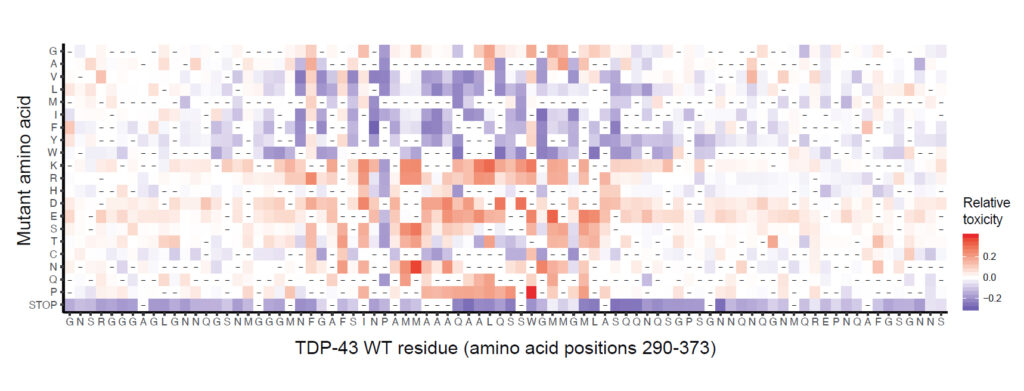
Map of the effect of mutations on toxicity of the TDP-43 Prion-like Domain.
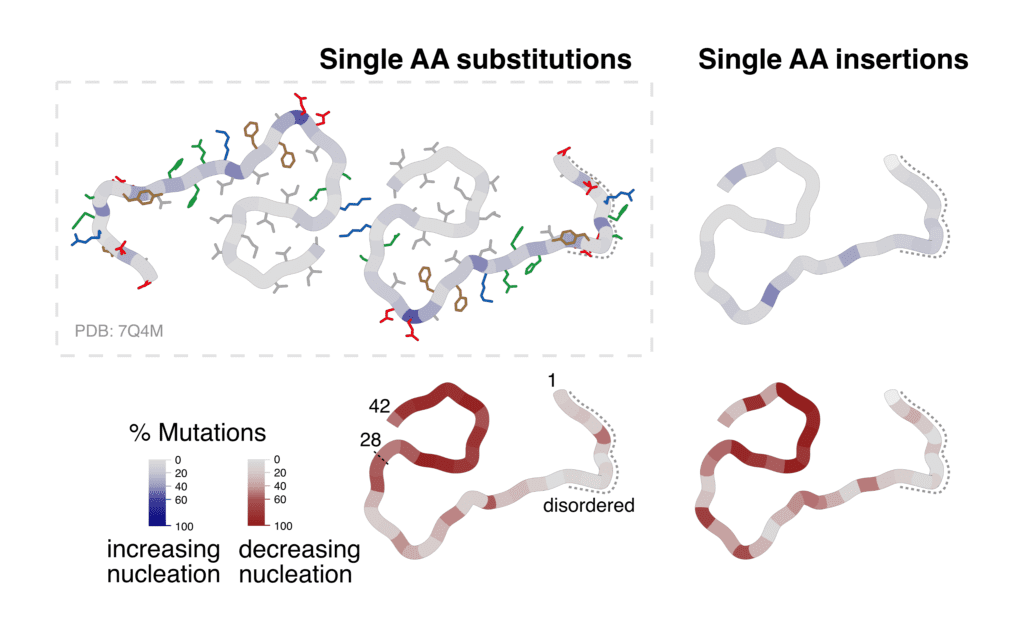
Percentage of substitutions and insertions increasing or decreasing amyloid formation of the Amyloid-Beta peptide, visualized on the cross-section of ex-vivo fibrils (7Q4M).
Staff
Projects
| NATIONAL GRANTS | FINANCER | PI |
|---|---|---|
| AMYNDEL · Deciphering the consequences of different types of genetic variation in amyloid forming sequences by deep mutagenesis ( 2022-2025) | MICIU · Generación Conocimiento: Proyectos I+D | Benedetta Bolognesi |
| DeepAmyloids · Massively parallel mutagenesis to understand, predict and prevent amyloid nucleation in neurodegenerative diseases (2021-2024) | Obra Social La Caixa | Benedetta Bolognesi |
| FINISHED PROJECTS | FINANCER | PI |
|---|---|---|
| Poly-STOP · Developing modulators of protein aggregation in polyglutamine diseases by deep mutational scanning (2021-2022) | BIST · Barcelona Institute of Science and Technology | Benedetta Bolognesi |
| PRIOMUT · Escaneado exhaustivo de mutaciones en un dominio priónico para entender la toxicidad inducida por proteínas (2019-2021) | MICIU / Retos investigación: Proyectos I+D | Benedetta Bolognesi |
Publications
Equipment
- Thermo MaxQ 8000
Collaborations
- Priyanka Narayan
NIH-NIDDK - Xavier Salvatella
IRB, Barcelona - Fran Supek
IRB, Barcelona - Ben Lehner
CRG, Barcelona - Luke McAlary /Justin Yerbury
University of Wollongong, Australia
News
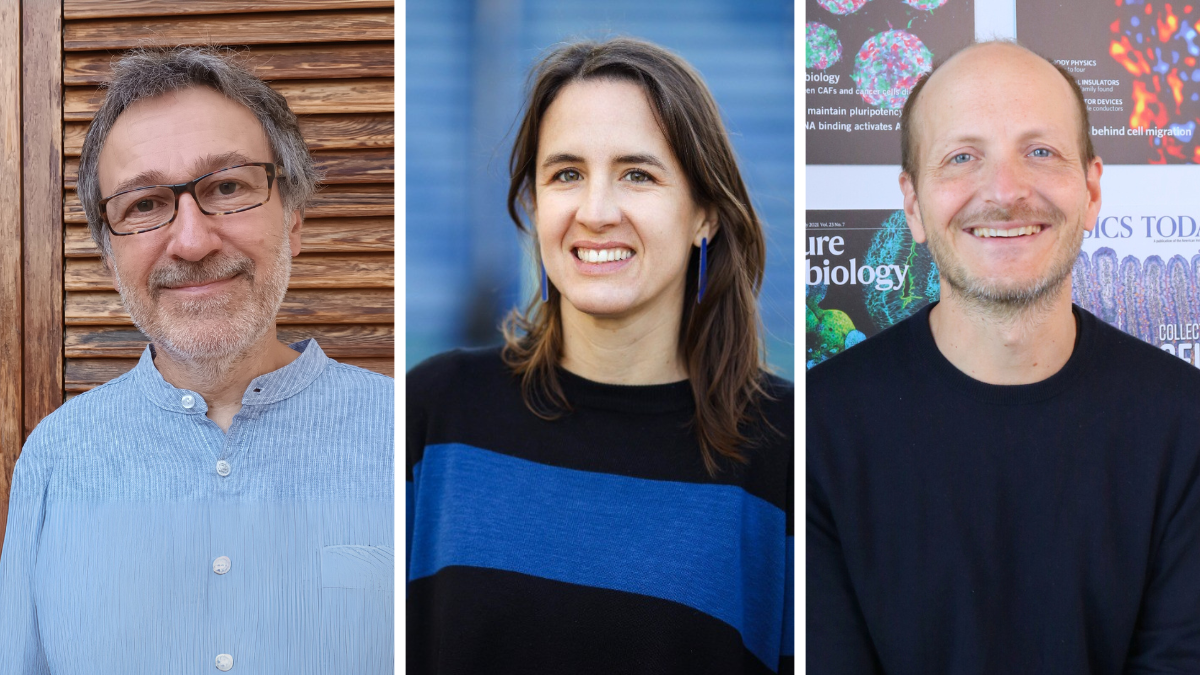
Three IBEC researchers selected in the CaixaResearch 2024 call to lead health research projects
IBEC researchers Benedetta Bolognesi, Xavier Fernàndez Busquets and Xavier Trepat have been selected in the CaixaResearch 2024 call to lead their own research projects. The grants will provide financial support for the scientists to carry out their research in key areas such as cancer, malaria and amyotrophic lateral sclerosis.
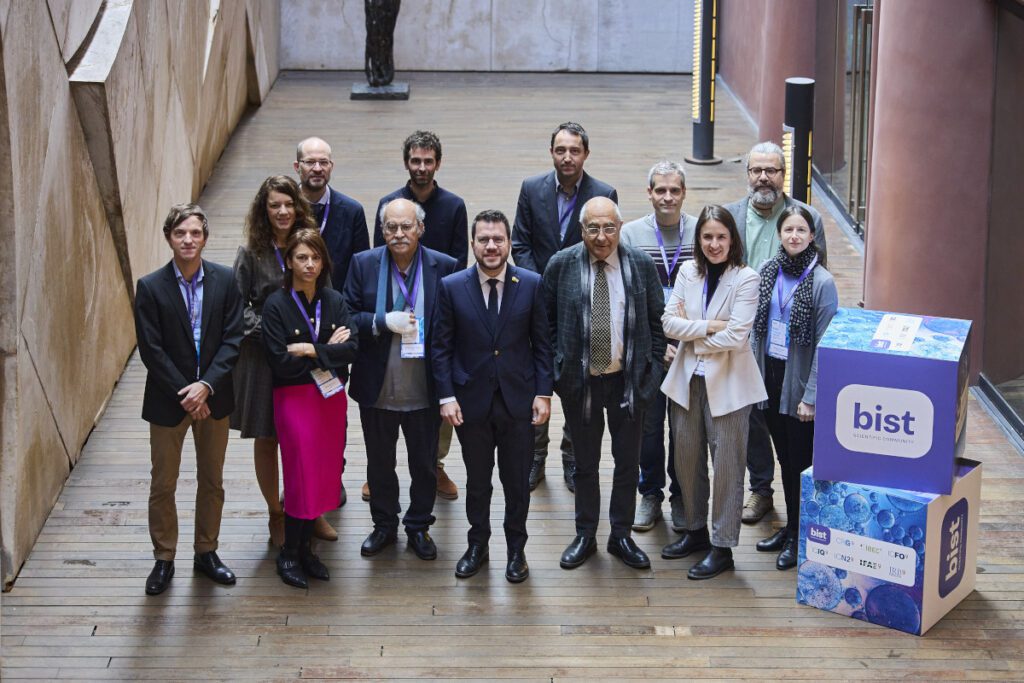
BIST Forum, a meeting to highlight the value of frontier research
The BIST Forum has discussed how excellent science enhances the development of society and economic growth. The event was attended by the President of the Catalan Government, the Mayor of Barcelona, the heads of the highest economic institutions and the rectors of the main universities. At the event, the new BIST IGNITE projects for multidisciplinary research were announced, three of which have the participation of IBEC.

Benedetta Bolognesi awarded a prestigious European ERC Consolidator Grant
The researcher at the Institute for Bioengineering of Catalonia has been awarded an ERC Consolidator Grant. This prestigious European funding supports excellent scientists and scholars who are consolidating their independent research teams to pursue their most promising scientific ideas. The €2 million grant over 5 years will allow Bolognesi and her team to develop a new method for identifying mutations that lead to the formation of amyloids—aggregates of proteins that contribute to a variety of diseases, including Alzheimer’s and Parkinson’s.
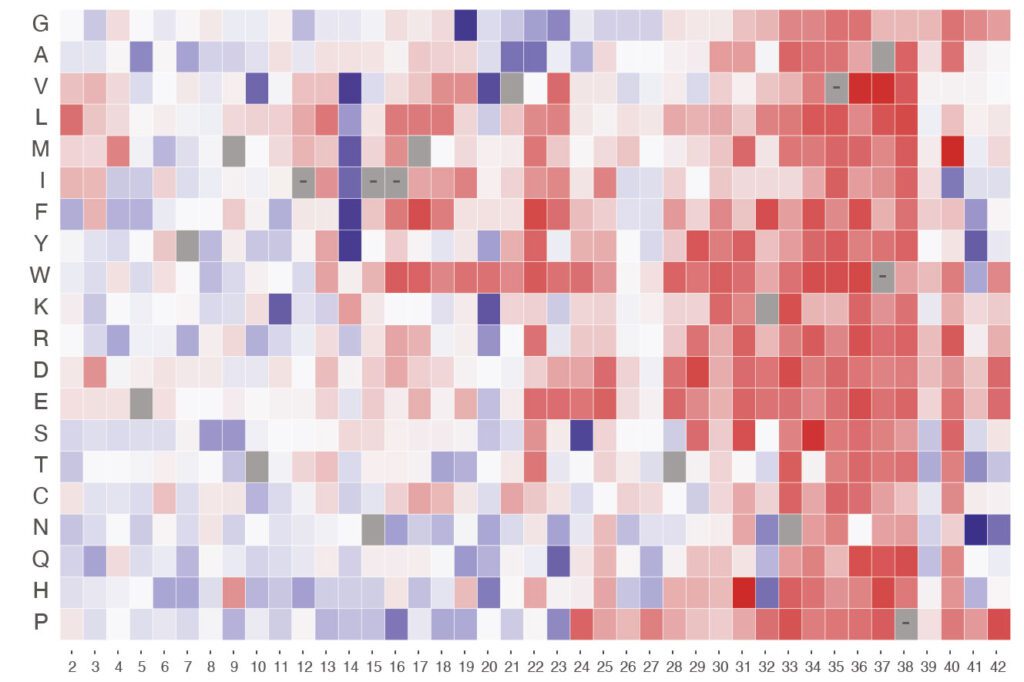
A new atlas unveils which mutations are behind the noxious amyloid formation
Researchers from the Institute for Bioengineering of Catalonia (IBEC) have developed the most complete atlas up to date of the genetic mutations that cause the formation of amyloid beta fibril, … Read more

Science and Art: IBEC collaborates on a work by Antoni Muntadas at Ars Electronica 2022
When is a living organism considered extinct? This is one of the fundamental questions of the artwork presented at Ars Electronica 2022 by Antoni Muntadas, a Catalan artist based in … Read more

Postdoctoral researcher at the Protein Phase Transitions in Health and Disease Research group
Ref: Postdoctoral / Deadline: 24th August

Lab Technician at the Protein phase transitions in health and disease Research Group
Ref: Lab Technician / Deadline: 29th July 2022
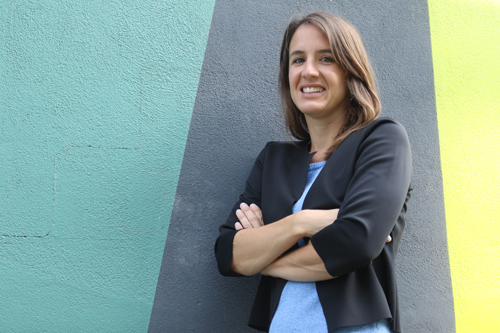
Benedetta Bolognesi and Ben Lehner win competitive funding to join forces against neurodegenerative diseases
The “la Caixa” Foundation will fund a large and innovative research project co-led by IBEC Junior Group Leader Benedetta Bolognesi and by ICREA research professor Ben Lehner at CRG, which aims to gain a better understanding of the genetic causes leading to neurodegenerative diseases. Researchers will combine deep mutagenesis and machine learning techniques to produce a “map of dementia” as a method to predict whether a person is more susceptible to suffer these diseases.
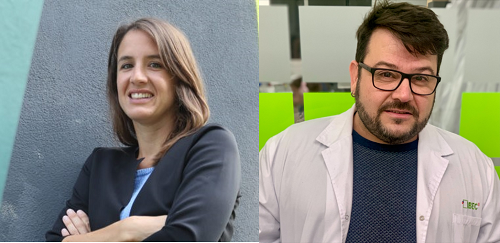
IBEC researchers win two “BIST Ignite Seed Grants”
IBEC researchers receive two “Ignite Seed Grants” to combine their skills with other BIST members to seek scientific answers to health challenges. Benedetta Bolognesi will study, with the IRB, Huntington’s disease and other neurodegenerative pathologies without treatment. On the other hand, Juan Manuel Fernández-Costa and researchers at ICFO will develop muscles-on-a-chip and biomagnetism sensors to accelerate the design of new treatments for muscular dystrophy.

One more step towards early detection of Alzheimer’s
Benedetta Bolognesi, junior group leader at IBEC, appears in different media for a recent study published in the eLife magazine. In the study they show the first map with all the possible mutations in the amyloid beta peptide and tested how they influence its aggregation into plaques, a pathological hallmark of Alzheimer’s disease.
Jobs
Research Assistant at the Protein Phase Transitions in Health and Disease Research Group (RA_BB)
Ref: RA_BB // Deadline: 26/01/2024
Senior Laboratory Technician at the Protein Phase Transitions in Health and Disease Research Group (SLT_BB)
Ref: SLT_BB // Deadline: 11/01/2024
Research Assistant at the Protein Phase Transitions in Health and Disease Research Group
Ref: RA_BB // Deadline: 04/08/2023
Research Assistant at the Protein Phase Transitions in Health and Disease Research Group
Ref : RA_BB // Deadline 28/04/2023
Postdoctoral researcher at the Protein Phase Transitions in Health and Disease Research group
Ref: Postdoctoral / Deadline: 24th August
Lab Technician at the Protein phase transitions in health and disease Research Group
Ref: Lab Technician / Deadline: 29th July 2022
2 Postdoctoral researchers at the Protein Phase Transitions in Health and Disease Research Group
Application Deadline: 24/10/2021Ref: PD-BB The Protein phase Transitions in Health and Disease group at the Institute for Bioengineering of Catalonia (IBEC) is looking for two Postdoctoral Researchers to develop deep mutagenesis projects in the context of amyloid forming proteins. The contract will be within the framework of a larger project funded by La Caixa.

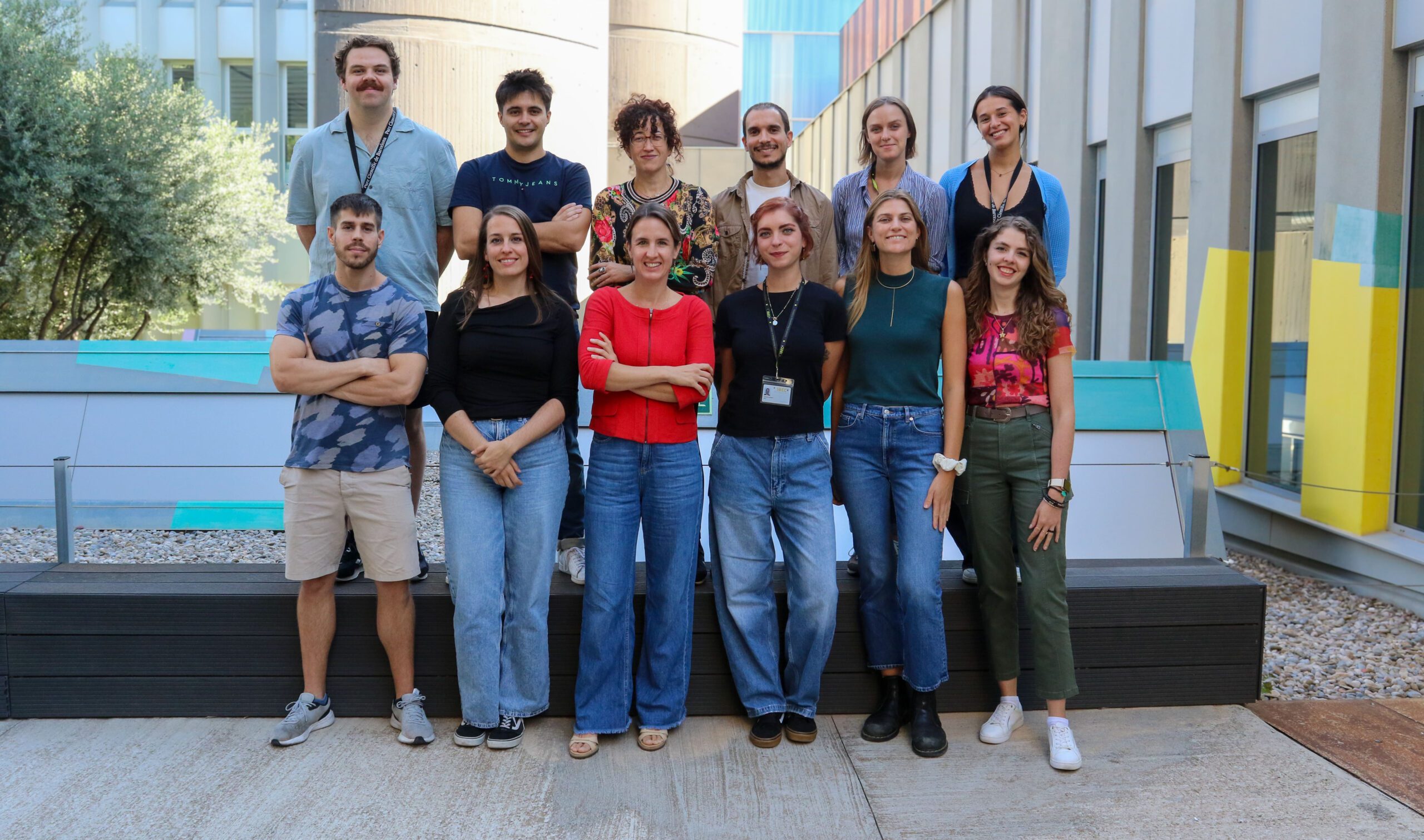
 ibecbarcelona.eu
ibecbarcelona.eu